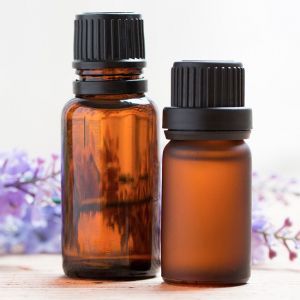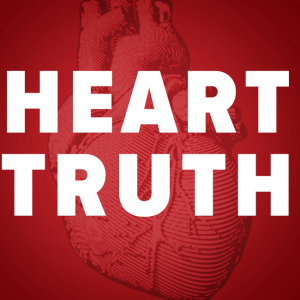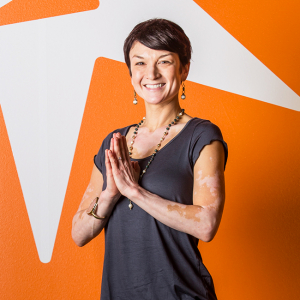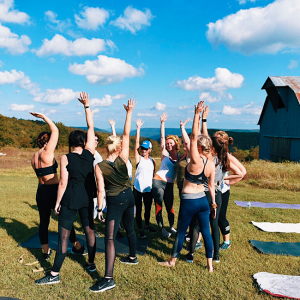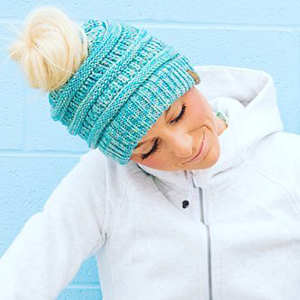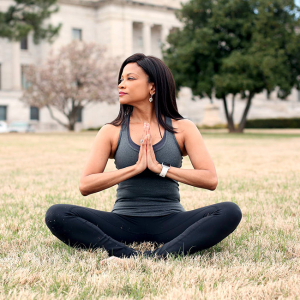Easy On the Eyes: Expert Tips for Optimum Eye Health
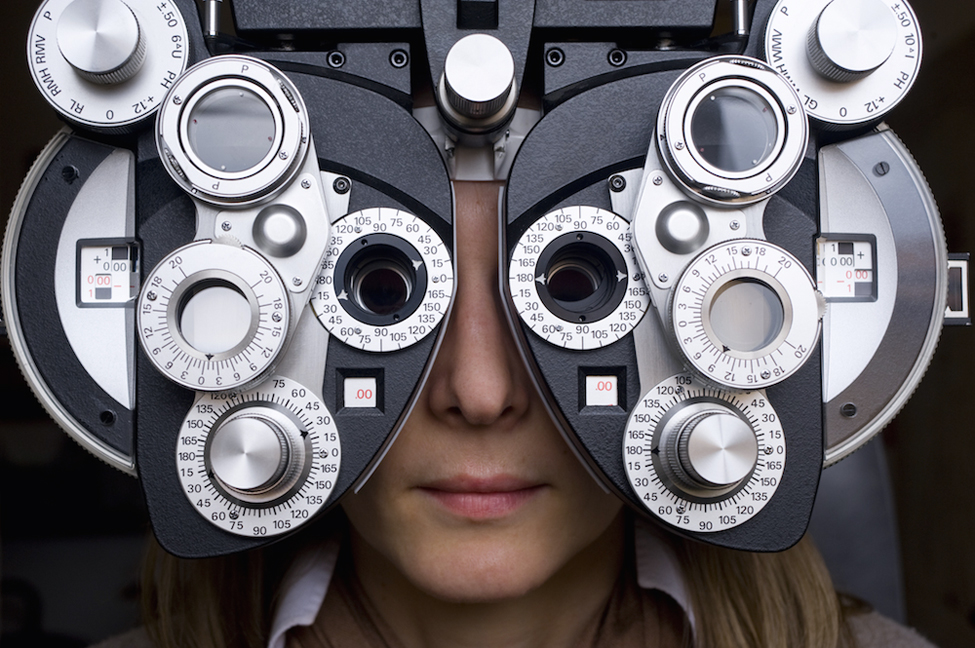
For those blessed with perfect vision, eye health may seem like a far-off concern. Dr. Julie Dolven, an optometrist at James Eyecare & Optics Gallery, will be the first to tell you otherwise.
“People assume that because they see 20/20, they have optimal vision,” Dr. Dolven explains. “Good vision does not equate to eye health.”
There’s much more to healthy eyes than the strength of a lense prescription. Dr. Dolven shares her tips for keeping eyes in tip-top shape for years to come.
Time for a Checkup
Yearly exams do more than check to see if the eye chart looks better with one or two. Examinations look for medical conditions like allergies within the eyes, dryness, cataracts, macular degeneration and glaucoma — some of which can be sight-threatening. Catching these concerns early can make it easier to treat in the long run.
“I think [yearly eye exams] are extremely important, and I think a lot of times we forget to do it with our kids,” Dr. Dolven says. “It’s important because as a child, 80 percent of learning occurs through the eye.”
The 20-20-20 Rule
We use them from the minute we wake up to the moment we go to sleep. Phones, tablets and desktops are a part of our everyday lives nowadays, but they take a toll on our eyes. Optometrists call this “computer vision syndrome” or “device strain.”
“When you look at a computer, your eyes focus and you don’t blink as much, which dries your eyes out,” Dr. Dolven says.
She suggests following the 20-20-20 rule, which says to take a 20 second break every 20 minutes to look 20 feet away.
Contacts Debunked
As most contact wearers know, it’s easy to skirt the rules. Dr. Dolven is here to set the record straight and help you break those bad habits. (But seriously, don’t sleep in your contacts.)
“The one thing I see the most with people is that they’re overwearing the lense,” Dr. Dolven says. “Replacing them regularly, cleaning them and not sleeping in them are the best ways to avoid any complications.”
Dr. Dolven recommends always putting in your contacts before applying make-up. She also warns patients to always use contact solution and not to clean contacts in their mouths or to rinse them under water because of microbes and bacteria that can lead to infection.
Dr. Dolven recommends daily contact lenses over other options because they are the thinnest, most comfortable and the healthiest option. But if you need monthly lenses, don’t be misled by the name.
“A monthly contact lense lasts one month from the minute it’s put in the eye,” Dr. Dolven explains. “It’s not 30 wears. The minute it touches the eye, you’ve got enzymes in the tears called lysozymes that coat the lense and start wearing the lense down. Thirty days later, it’s not safe to wear in the eye because the oxygen isn’t getting through it. I often see people who have a lense that says ‘30-day wear’ and they wore it 30 times among three months.”
When it comes to your lense case, Dr. Dolven says to swap it out for a new one every time you run out of a bottle of solution. The best way to clean your lense case is to wash it daily with soap and water and let it air-dry.
The Right Fit
While it may be trendy and cheap to buy your glasses online, beware of unsafe frames. Just because the price is right, doesn’t mean the fit is.
According to Dr. Dolven, recent studies show roughly one in five pairs purchased online were “deemed unacceptable to be worn” because fit and perscription were not up to standards.
“When you’re ordering online, that’s the risk you take,” she says.
If the frames aren’t fitting you properly, then the optics within the lenses aren’t going to be optimal. When you buy your frames at an eye doctor’s office, the staff can help you find a pair that is properly fitted, which will ultimately help with your overall eye health.
On the Bright Side
Just because you wear contact lenses doesn’t mean your eyes are safe from damaging ultraviolet rays. While there is a bit of UV protection in contacts, sunglasses should still be worn when you’re outdoors — and not just when it’s sunny.
“If you’re someone that’s very active and you like to run or you’re in the wind a lot, sunglasses can also protect your eyes from wind damage,” Dr. Dolven says.
Who’s Hungry?
Nutrition is another way to protect your eyes from conditions like macular degeneration. And contrary to popular belief, carrots are not the best way to go about that.
“In fact, spinach has the highest nutrition,” Dr. Dolven says. “Lutein and zeaxanthin are two things found in spinach, and they are by far the best for protecting against macular degeneration.”
Mixing in foods like green leafy vegetables, fish, eggs, nuts, oranges and pork will also help lead to healthy eyes.


